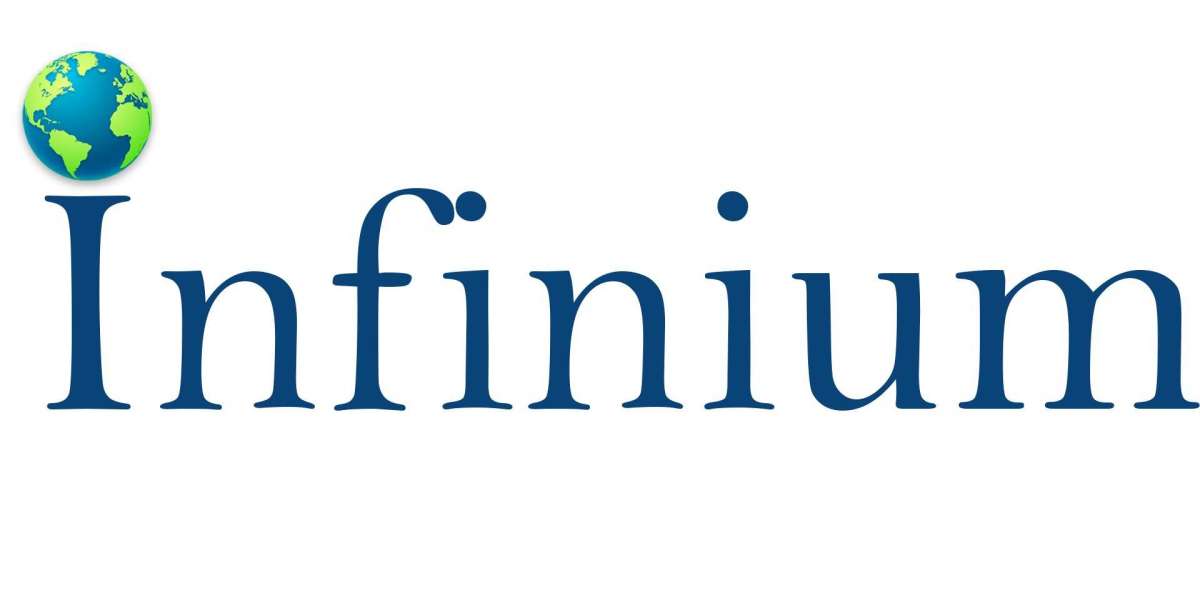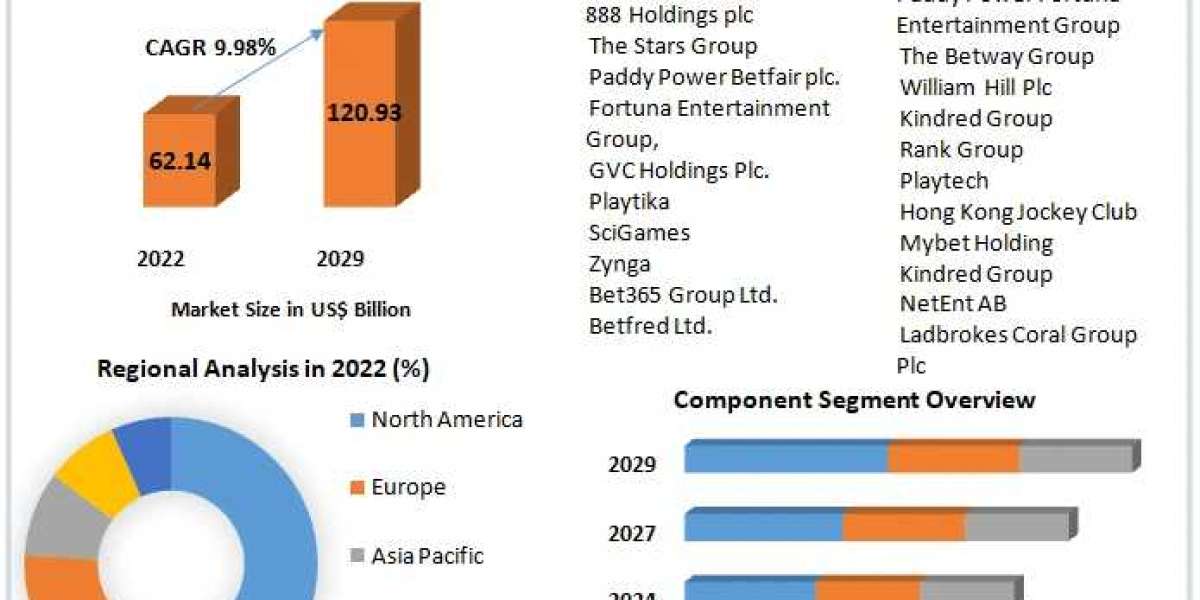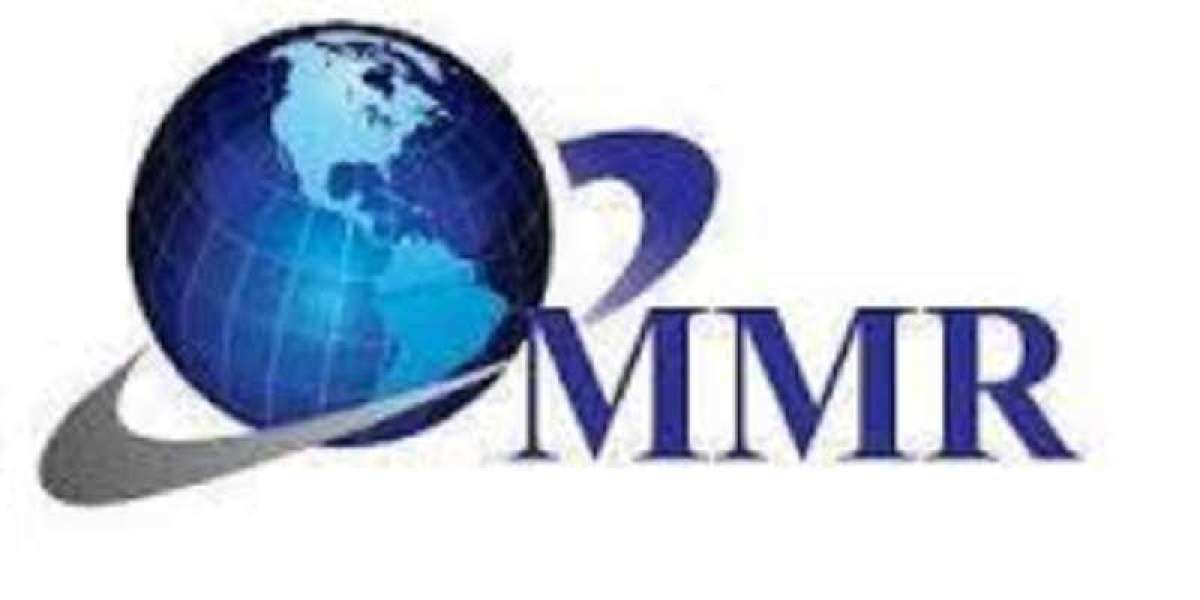A new report by Infinium Global Research dives deep into the RFID blood monitoring system market, analyzing its various segments worldwide and by region. It explores the factors influencing this market, both positive (drivers) and negative (restraints), along with broader economic trends. The report provides a detailed picture of current and future market trends, forecasts, and the overall value of the global RFID blood monitoring system market. It predicts significant growth for this market at a compound annual growth rate (CAGR) throughout the forecast period, from 2024 to 2032.
RFID technology is revolutionizing blood management in healthcare. These systems track blood products, from the moment a donor gives blood (phlebotomy) to its final use (transfusion), ensuring it reaches the right patient. This not only improves efficiency but also minimizes errors and protects healthcare workers by reducing physical contact with patients.
Driving Forces:
- Enhanced Visibility and Control: RFID tracks blood throughout its journey, from collection to transfusion. This real-time data improves visibility and streamlines processes like identification, inventory management, and expiration tracking.
- COVID-19 Impact: The pandemic has highlighted the need for innovative solutions in healthcare. RFID helps maintain social distancing by minimizing physical interaction with blood products.
- Rising Demand for Transfusions: An increase in diseases like cancer, accidents, and inherited blood disorders is pushing up the demand for blood transfusions. RFID systems ensure efficient management of blood products to meet this growing need.
- Reduced Transfusion Errors: Blood transfusions involve multiple steps, increasing the risk of human error. RFID minimizes this risk by automating processes and ensuring accurate identification of blood products.
- Digitalization of Healthcare: The growing adoption of digital technologies in healthcare, particularly in developing countries, is creating a favorable environment for RFID blood monitoring systems.
Challenges
However, challenges remain:
- Data Security Concerns: Storing and managing sensitive blood data requires robust security measures to address privacy concerns.
- Cost Factor: The initial investment in RFID technology can be high, potentially hindering adoption in some healthcare facilities.
Despite these challenges, the benefits of RFID blood monitoring systems are undeniable. As healthcare continues to embrace digitalization, particularly in developing countries, the market for these systems is expected to flourish.
Get Sample pages of Report: https://www.infiniumglobalresearch.com/reports/sample-request/338
Regional Analysis
- North America Leads the Pack: This region boasts the most advanced healthcare infrastructure, propelling it to the top spot in the market.
- Europe: A Strong Contender: Rapid adoption of cutting-edge medical technology, coupled with a focus on diagnostic efficiency and testing, positions Europe as a significant player.
- Asia-Pacific: Emerging Frontrunner: With a rising tide of diseases pushing up blood diagnostics and inventory management needs, the Asia-Pacific region is poised for the fastest growth in this market.
While Latin America and the Middle East Africa are expected to see healthy expansion due to a growing emphasis on medical technology, North America, Europe, and Asia-Pacific are currently leading the charge in the RFID blood monitoring system market.
Market Segmentation
- By Type: This segment categorizes the market into systems (the hardware and software infrastructure) and tags (the small labels attached to blood products).
- By End User: This segment focuses on who uses these systems. The main user groups are blood banks, responsible for collecting and storing blood, and hospital blood centers, which manage blood supplies within hospitals.
Competitive Landscape
- Invengo Information Technology Co Ltd
- LogTag recorders Ltd
- Cardial Health
- Terso Solutions Inc.
- InnerSpace
- Digi-Trax Corp
- SATO Vicinity Pty Ltd.
- Mobile Aspects Inc.
- LogiTag Medical Solutions
- Other Companies
Report Overview: https://www.infiniumglobalresearch.com/reports/global-rfid-blood-monitoring-system-market
Future Outlook:
The future of the RFID blood monitoring system market looks bright. With the increasing focus on patient safety, improved blood product management, and the growing need for transfusions, the market is expected to experience continued growth. Technological advancements in RFID tags, data analytics, and integration with existing healthcare systems will further drive adoption.
Conclusion:
Despite these challenges, the benefits of RFID blood monitoring systems are undeniable. As healthcare continues to embrace digitalization, these systems will play a crucial role in ensuring a safe and efficient blood supply chain, ultimately saving lives.



